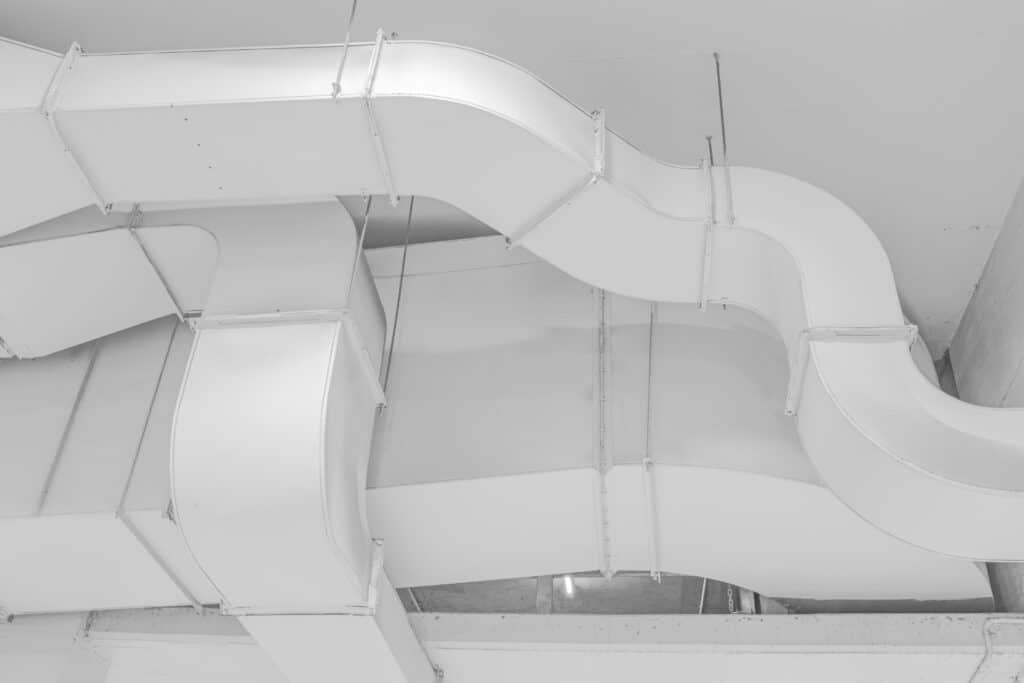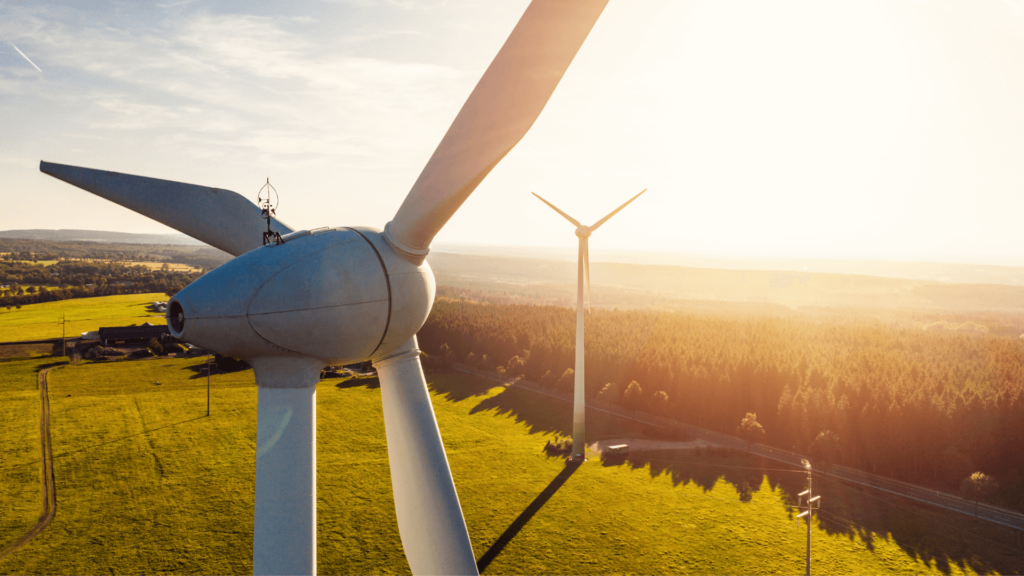The role of Distribution System Operators in the energy value chain used to be clear. Energy was produced centrally, transported over large distances via the transmission network, and then distributed via the distribution network to end-consumers. DSOs were in charge of the distribution networks. Today there are however many new activities in the energy value chain, and it is not always clear to whom these activities belong. These grey areas are an interesting and exciting domain for regulatory practice and research.
Who is in charge of charging infrastructure?
There is little debate about a charging point in your garage. That is yours. But what about charging points in the street? You could consider them as part of the distribution network and then there is something to be said for making DSOs responsible for their installation and operation. But, it is not that simple. Think about petrol stations. They are operated by retailers who have often also provided the infrastructure. And a maker of electric vehicles such as Tesla can also have good arguments for rolling out a network of charging points. It is therefore logical that different countries have also made different choices here.
The Netherlands and Sweden leave the initiative up to the market. They are waiting it out. Ireland, on the other hand, is going full steam ahead with electric vehicles to meet the European greenhouse gas emission standards. This is why Ireland has already asked the DSO to roll out a pilot project. Time to market can be a good reason to involve DSOs.
Written by Leonardo Meeus






